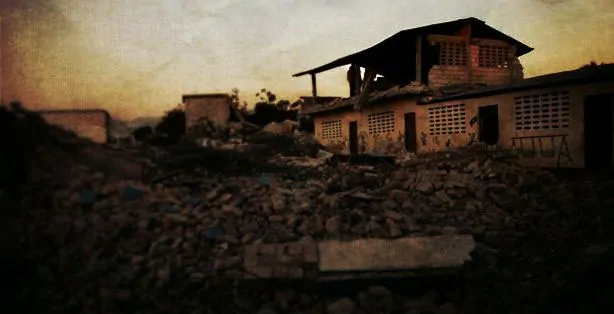When actor Michael Cory Davis returned from filming a movie in the poverty-stricken areas of Bulgaria in 2003, he was distraught by the level of affluence and superficiality in the California city. While in Bulgaria, his eyes were opened to the issues of extreme poverty and sex trafficking.
“I grew up in Brooklyn, I’ve seen poverty in the streets of Brooklyn,” Davis says. “I know what it feels like, tastes like, and it was still very different to see the level of poverty the Roma children, the gypsy children, lived in.”
Though they live in poverty, Davis says there’s a certain joy that comes from the lack of need for material things. He believes American materialism has contributed to a lack of love toward others in our neighborhoods. “To help people in Cambodia, I just have to give them a check,” he says. “If we help someone here, it means I have to go to downtown L.A., I have to actually see the level of poverty and then I have to physically do something. And most likely I have to do something consistently, and that’s where the problem comes in.”
It’s this perspective that led Davis to found Artists United for Social Justice, an organization that oversees social justice projects. One of their main projects is I Stop Traffic, which raises awareness about sex trafficking—in America and other countries—through documentaries. He produced the films Cargo: Innocence Lost and Svetlana’s Journey and has shown them at colleges and churches across the country, and around the world. At a conference in Egypt, Davis, along with Charlize Theron and Mira Sorvino, met with Egypt’s first lady to discuss sex trafficking.
The actor wishes to raise awareness about what he believes causes poverty and the issues that surround it: “It’s the lack of awareness of who we are that begets the poverty, that begets the human trafficking.” He believes the difference should begin with church leaders. “I think we have to become a society of change in truth, and I think churches have a major role to play in that,” he says. “That goes back to preachers taking youth groups and social action committees into the streets and getting them active again.”
Davis says AUSJ wants to help establish workshops and camps to educate the public on social justice issues. “I see the ultimate goal being a network around the world of artists and individuals coming together about this very issue.
“Our true purpose is to love one another and to love ourselves. Not based off of the things that we have acquired or accrued on this planet, but based off of the fact that we all have God inside of us.”
To learn more, visit istoptraffic.com and ausj.org.





















